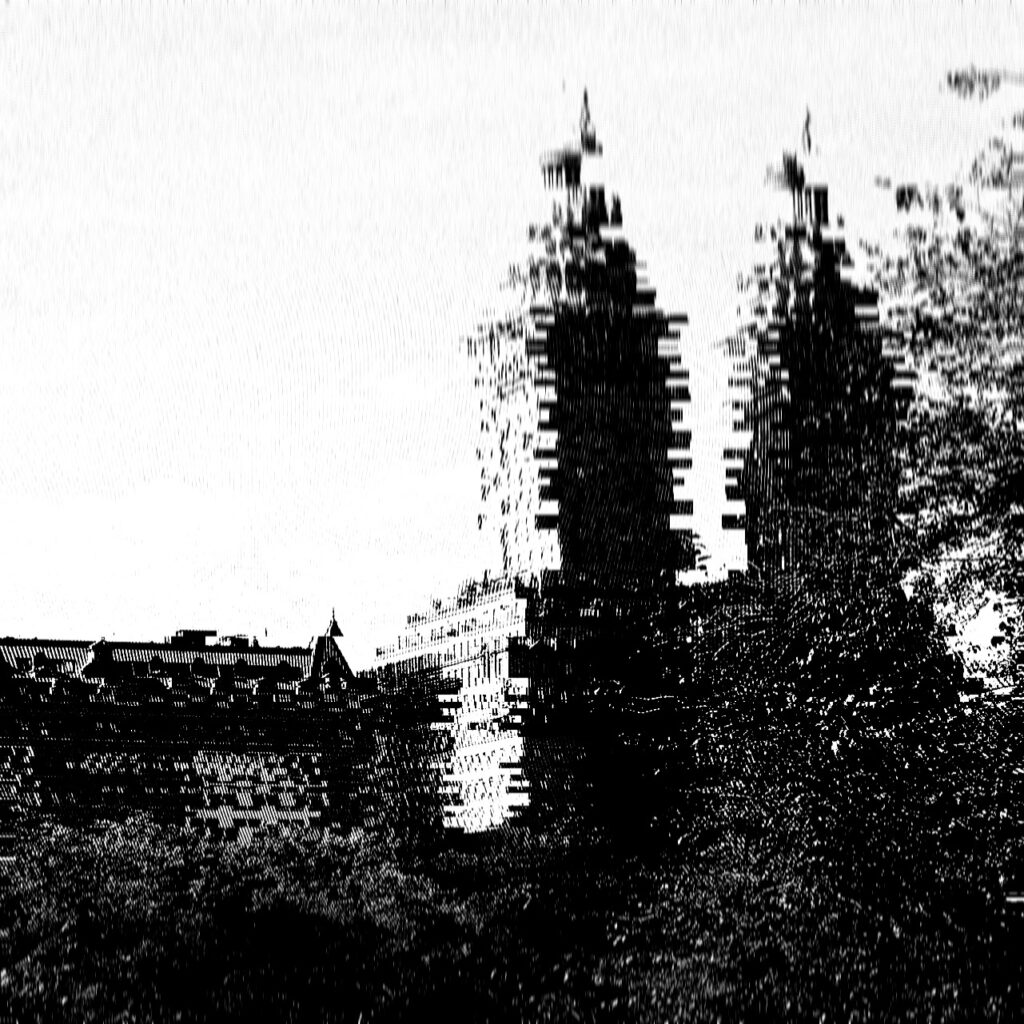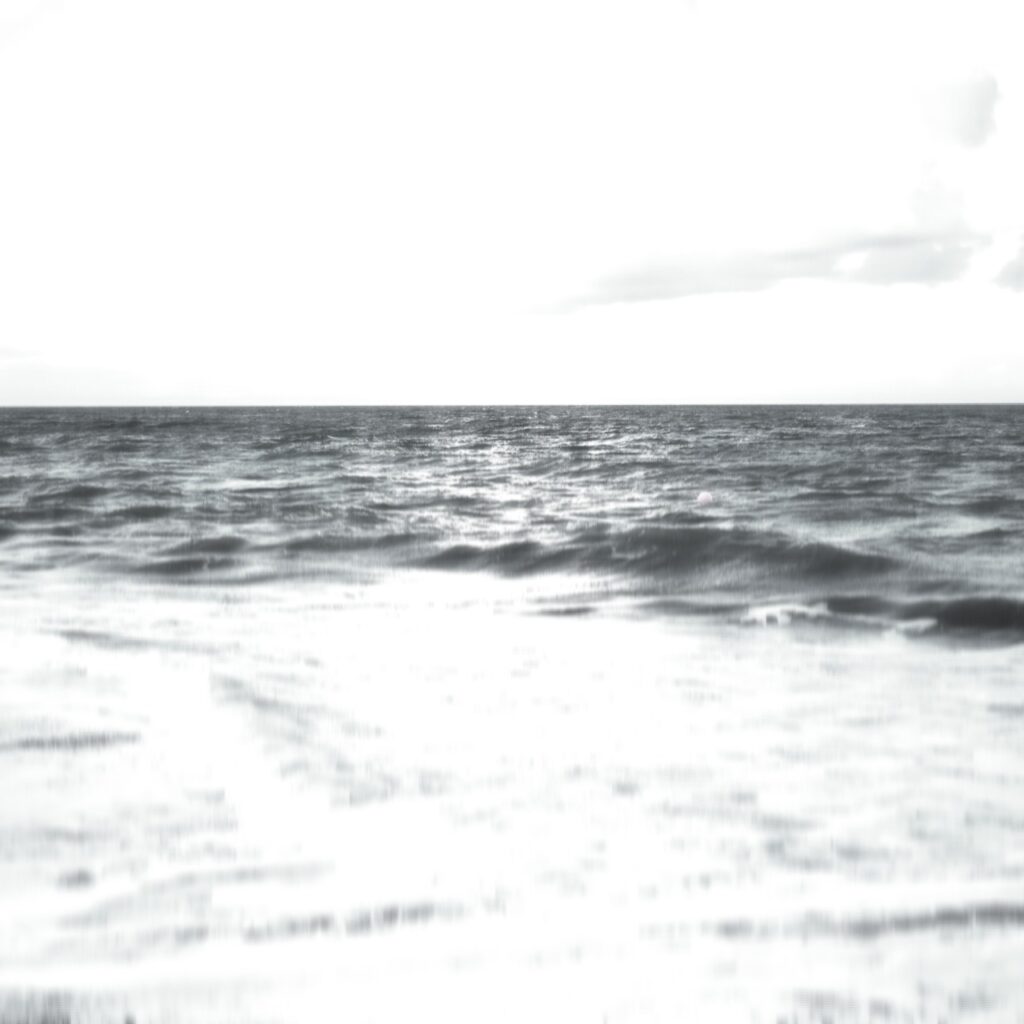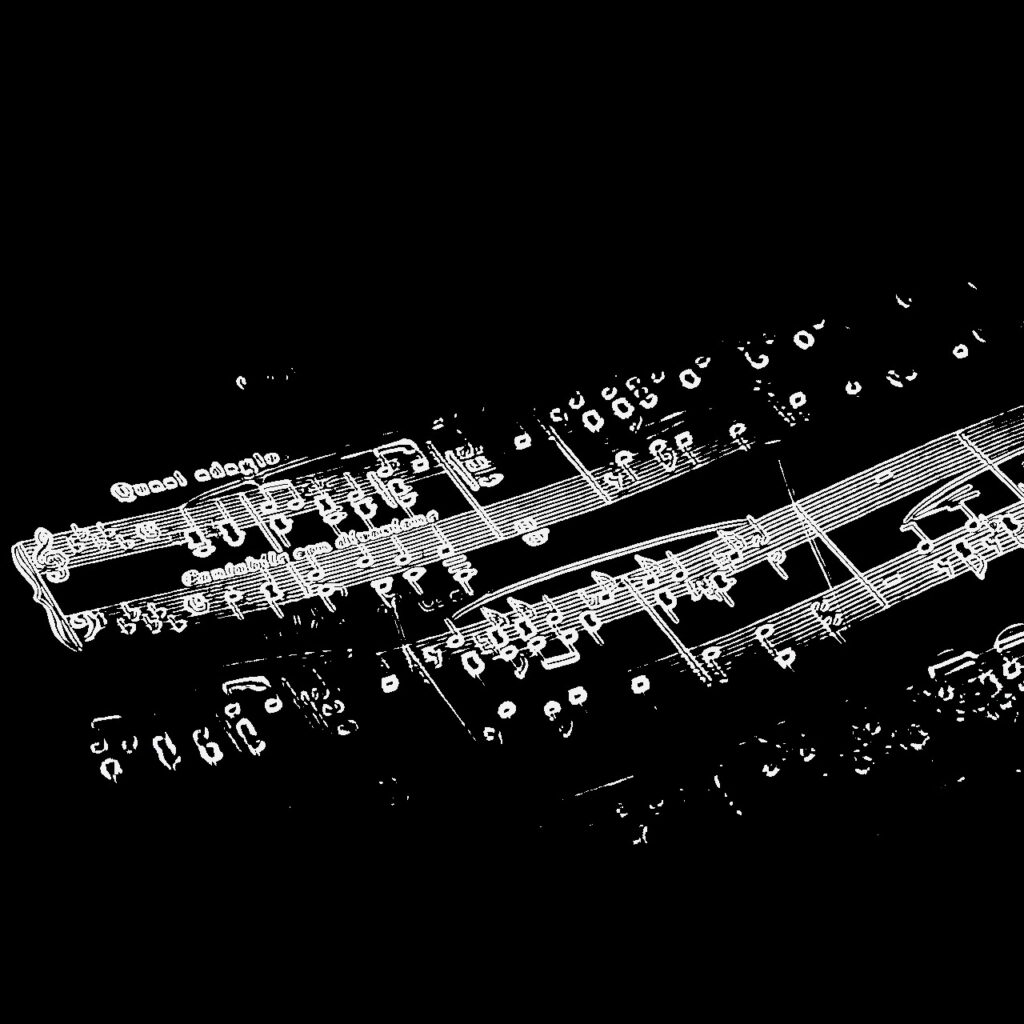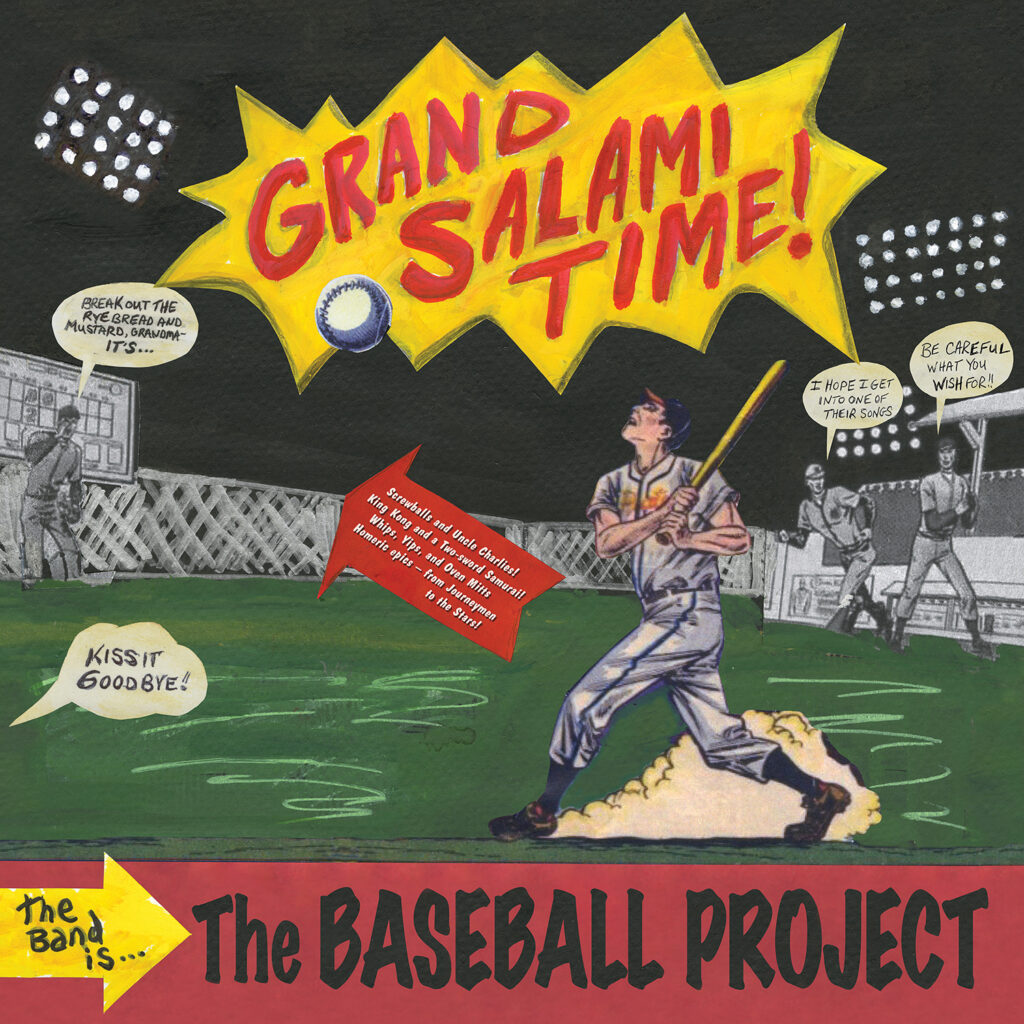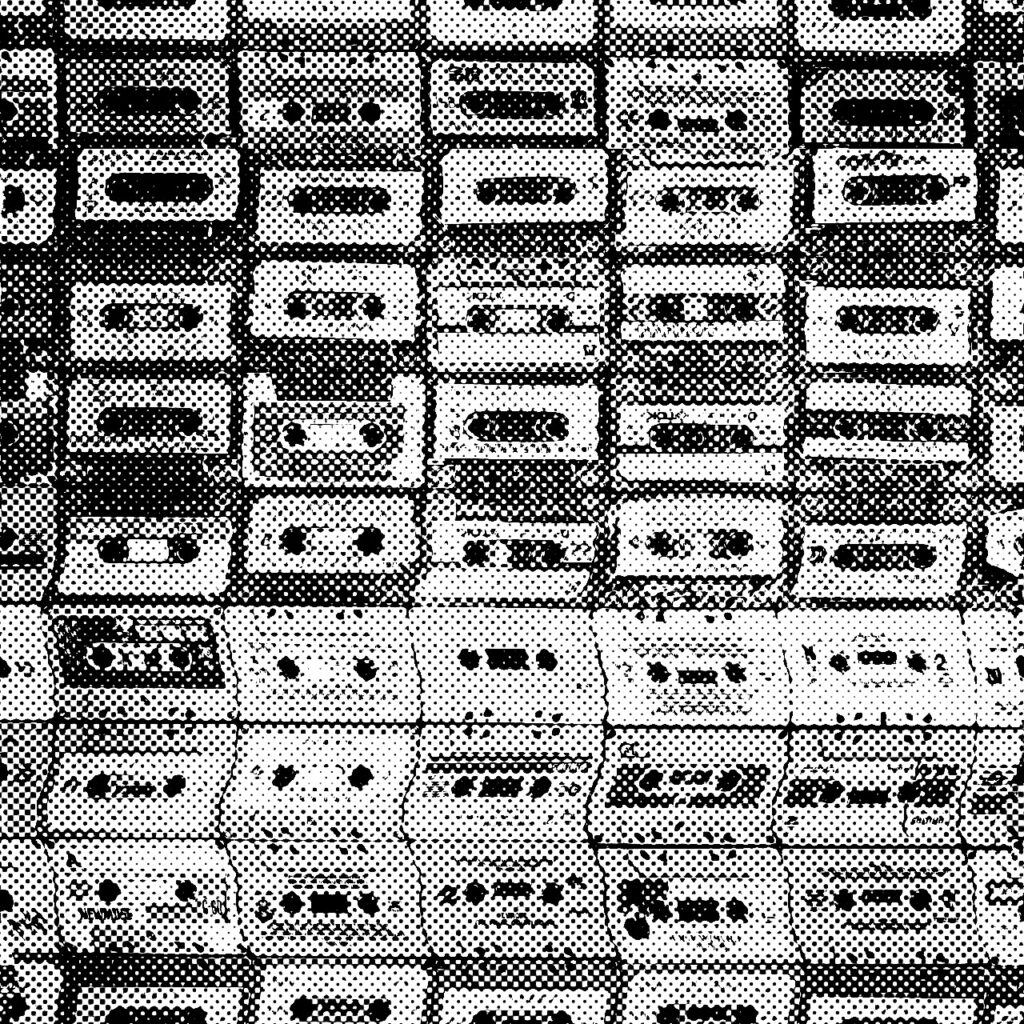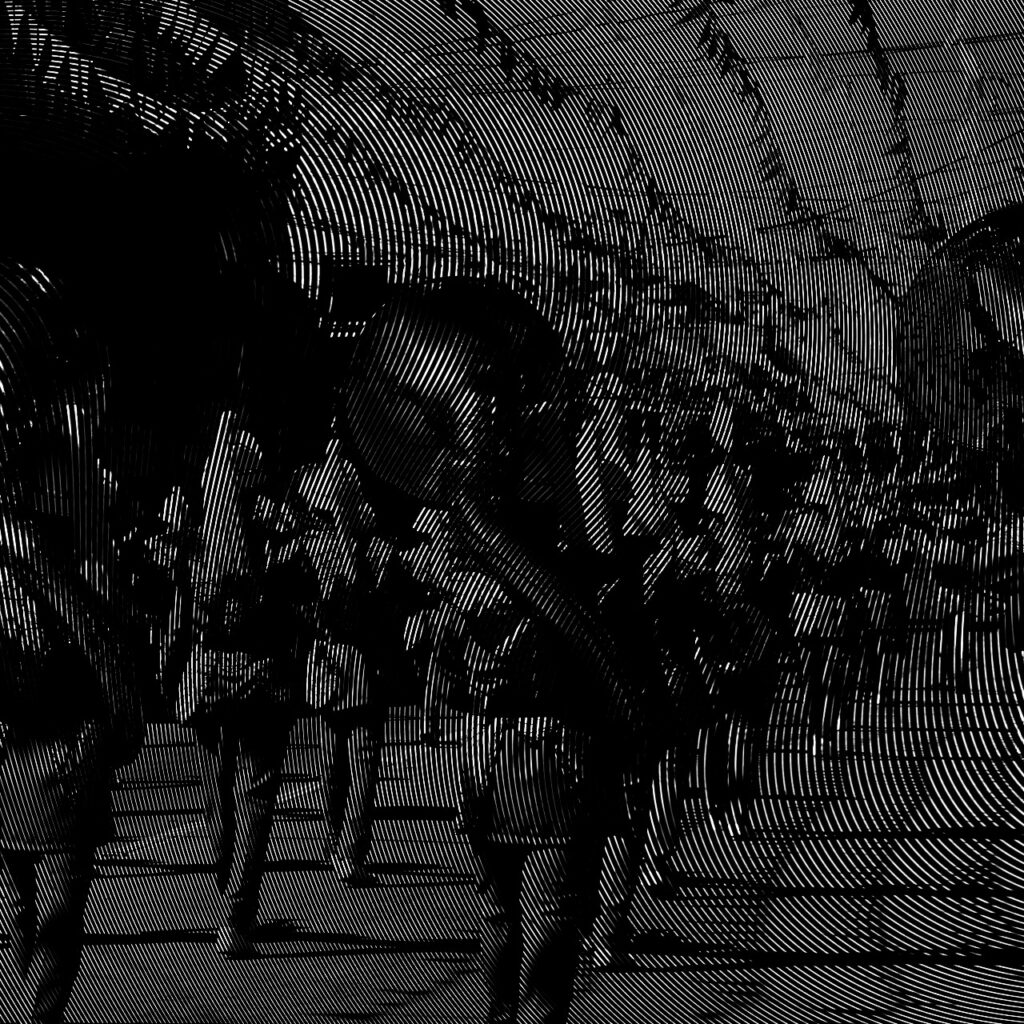
Writing Berlin Like It’s Made-Up
by Kat Hausler
When people hear that I’m an American writer living in Europe, they often summon up images of the Lost Generation hanging at some Paris café. But I’m not an expat on a sojourn here; I’m an immigrant. I work a German office job, file German tax returns, have a German driver’s license – not that I use it much – and conduct my daily life in German. I’ve spent almost my entire adult life in Berlin. At the same time, I grew up in the U.S. and write in my native language for an international, but largely American audience.

